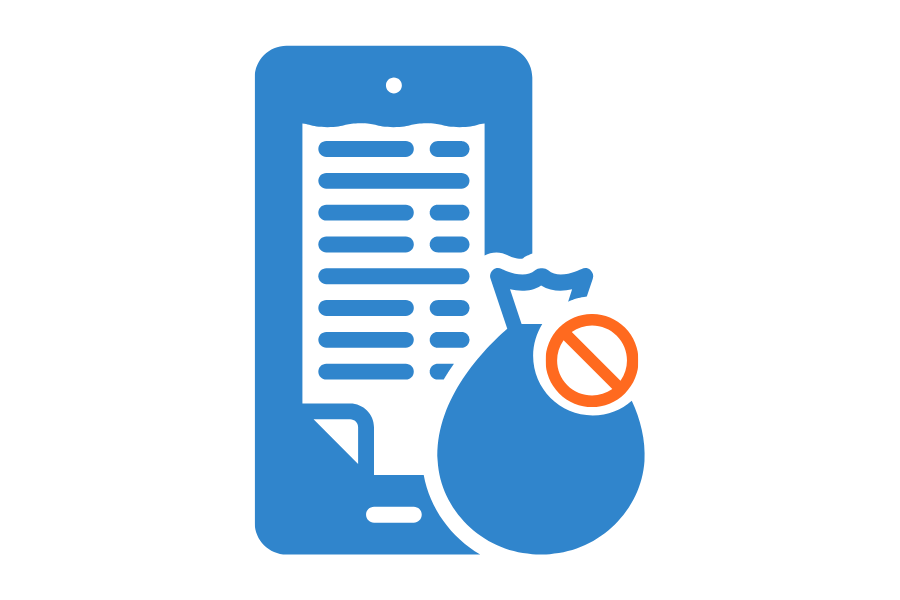10 Essential Accounting Terms Every Small Business Owner Should Know
As a small business owner, understanding basic accounting terms is crucial for managing your finances effectively. Whether you’re handling your own bookkeeping or working with an accountant, knowing these terms will help you make informed decisions about your business’s financial health.
Here are ten essential accounting terms every small business owner should know:
- Cash Flow: Cash flow refers to the movement of money in and out of your business. It’s essential to monitor your cash flow regularly to ensure you have enough funds to cover expenses and invest in growth opportunities.
- Cash-Flow Forecast: A cash-flow forecast helps predict future cash flow based on projected income and expenses. It’s a valuable tool for planning and decision-making, especially during tight financial periods.
- Financial Statement: A financial statement includes various reports detailing your business’s financial transactions, including the balance sheet, income statement, and cash-flow statement. It’s essential for assessing your overall financial health.
- Income Statement: An income statement summarises your business’s revenues and expenses over a specific period. It provides valuable insights into your profitability and financial performance.
- Gross and Net Profit: Gross profit is the profit earned after deducting the direct costs of goods sold. Net profit, on the other hand, is the remaining profit after deducting all expenses. Understanding the difference between gross and net profit is crucial for pricing and budgeting decisions.
- Break-Even Analysis: Break-even analysis determines the point at which your revenues equal your expenses, resulting in neither profit nor loss. It’s a valuable tool for setting pricing strategies and evaluating business performance.
- Marginal Cost: Marginal cost is the additional cost incurred by producing one more unit of a product or service. Understanding marginal costs can help you make pricing and production decisions that maximize profitability.
- Balance Sheet: A balance sheet provides a snapshot of your business’s financial position, including its assets, liabilities, and equity. It’s a fundamental tool for understanding your business’s financial health and stability.
- Accrual Accounting: Accrual accounting records revenues and expenses when they are incurred, rather than when cash is exchanged. It provides a more accurate picture of your business’s financial performance over time.
- Burn Rate: Burn rate refers to how quickly your business is spending its cash reserves. It’s particularly important for startups and can help assess financial sustainability and funding needs.
Summary
By familiarising yourself with these essential accounting terms, you’ll be better equipped to manage your business’s finances and make informed decisions for its success. Remember, consulting with a certified accountant is always advisable for personalised financial guidance tailored to your company’s needs.
Try Counto accounting service
Counto exists to help small businesses like you save time and money throughout the year. Get direct access to a dedicated Customer Success Manager, who’s backed by a team of accountants and tax specialists. Discover a smarter way to outsource your accounting with confidence. Speak to us directly on our chatbot, email us at [email protected], or contact us using this form.
Here are some articles you might find helpful:







